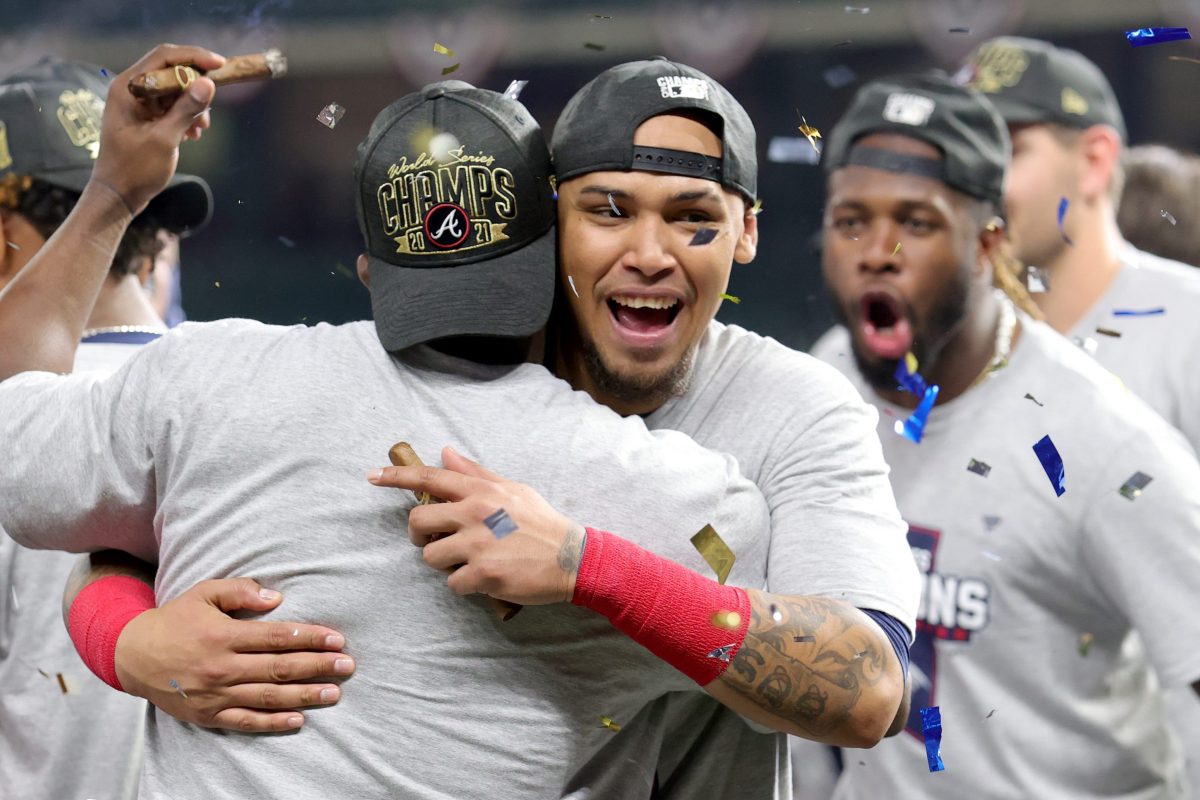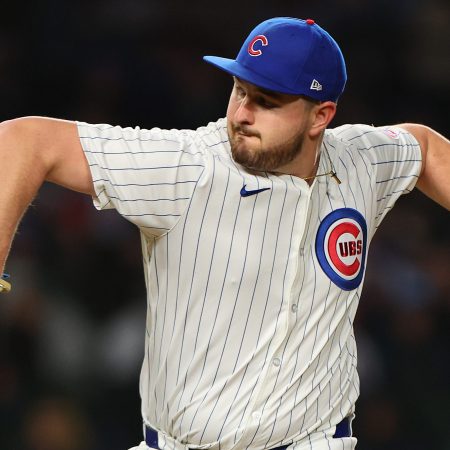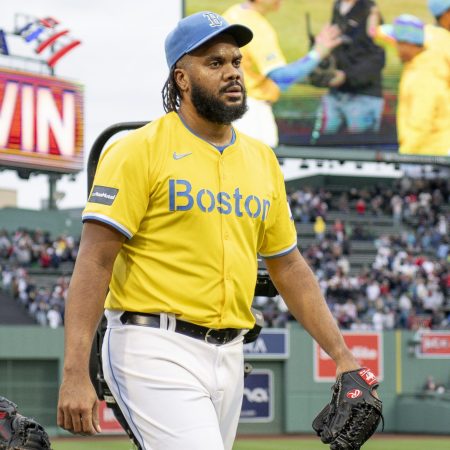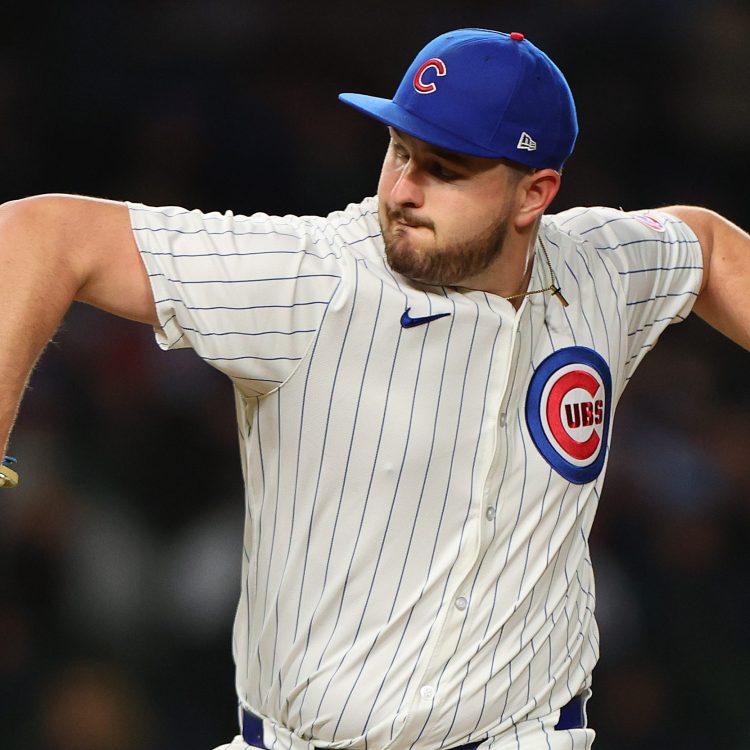In claiming their first World Series crown in 26 years with a 7-0 win over the Houston Astros in Game 6 of the Fall Classic, the Atlanta Braves also won the distinction of being the MLB champion with the most time spent below .500 during the season, having been below that mark for 101 game days this year, per FiveThirtyEight.
Under .500 at the MLB trade deadline at the end of July, the Braves nonetheless made deals to add Eddie Rosario, Adam Duvall and Jorge Soler after trading for Joc Pederson. Thanks to the additions (and aided by the lackluster competition from their NL East peers the Mets, Nationals, Marlins and Phillies), the Braves won 66.2% of their games — a 107-win pace per 162 — from August onward (including the postseason).
Speaking at this week’s general managers meetings, baseball superagent Scott Boras spoke out against the tanking culture that allowed the Braves to acquire players like Rosario (who was named NLCS MVP) and Soler (who took home MVP honors in the World Series) from teams looking to unload veterans to accumulate prospects and higher draft picks. Boras, who always has his bottom line in mind, said baseball was sick with the “competitive cancer” of tanking.
“We have seen the championship in 60 days,” he said. “The rules allow them to be a less-than-.500 team at Aug. 1 and add four players, five players from teams that no longer wanted to compete and for very little cost change the entirety of their team and season. And we saw this unfold to the detriment of teams that create at vast expense, planning and intellect and won over 100 games. In doing all this, we have now created an understanding that a fan would not know who the true team is until, frankly, the trading deadline.”
Boras has a point, but one of the reasons he chose to make it is that tanking and an added emphasis on stockpiling young players and prospects means there will be a decreased interest in the (previously) high-priced veterans that make up a huge percentage of his client base.
“This is the Easter Bunny delivering rotten eggs,” Boras said of tanking. “Every team says, ‘I need to do this because it’s my only option, knowing I can’t reach a divisional crest, I can’t get in the playoffs.’ It created an incentive for the race to the bottom, because now we have half the major league teams at some time during the season being noncompetitive, trading off their players, making the game and the season very different than what it was intended to be, and that was having an incentive to win every game that you play.”
Boras isn’t wrong, but he’s also biased and probably isn’t the right person to be delivering that message.
Whether you’re looking to get into shape, or just get out of a funk, The Charge has got you covered. Sign up for our new wellness newsletter today.

















